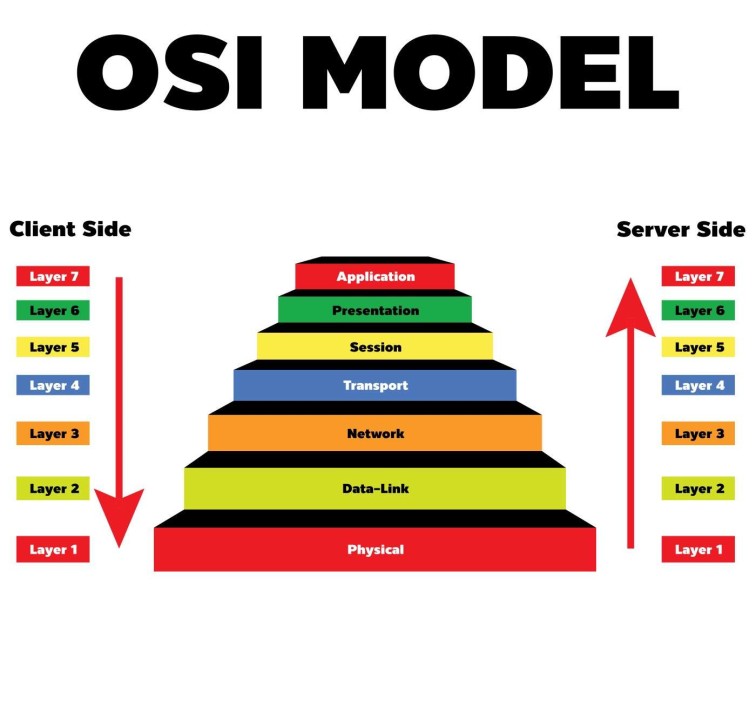
India boasts a rich literary heritage that has produced a plethora of famous Indian books spanning various genres and eras. From ancient scriptures to contemporary novels, Indian literature offers a window into the country’s diverse culture, history, and philosophy. In this exploration, we delve into some of the most influential and famous Indian books that have left an indelible mark on readers worldwide.
Ancient Classics
The Mahabharata and The Ramayana
Two of the most famous Indian books, “The Mahabharata” and “The Ramayana,” are epic tales that form the cornerstone of Indian literature. “The Mahabharata,” attributed to Vyasa, is an epic narrative of the Kurukshetra War and encompasses a range of philosophical and moral dilemmas. “The Ramayana,” written by Valmiki, follows the journey of Prince Rama as he rescues his wife Sita from the demon king Ravana. These epics are not only revered in India but have also influenced literature and culture across Asia.
The Bhagavad Gita
Embedded within “The Mahabharata,” “The Bhagavad Gita” is a 700-verse scripture that presents a conversation between Prince Arjuna and the god Krishna, who serves as his charioteer. This text is one of the most famous Indian books due to its profound philosophical and spiritual insights, discussing duty, righteousness, and the nature of reality.
Medieval Masterpieces
The Arthashastra
Written by the ancient scholar Kautilya (Chanakya), “The Arthashastra” is an ancient Indian treatise on statecraft, economic policy, and military strategy. It is among the famous Indian books that provide a glimpse into the political and economic thoughts of ancient India.
Gitanjali
Rabindranath Tagore’s “Gitanjali” (Song Offerings) is a collection of poems that earned him the Nobel Prize in Literature in 1913, making him the first non-European to receive the honor. The book is celebrated for its lyrical beauty and spiritual depth, making it one of the most famous Indian books globally.
Modern Classics
Midnight’s Children
Salman Rushdie’s “Midnight’s Children” is a landmark in Indian literature. The novel, which won the Booker Prize in 1981, tells the story of Saleem Sinai, born at the exact moment India gained independence. Through magical realism, Rushdie explores the nation’s post-colonial history, making it one of the most famous Indian books of contemporary times.
Train to Pakistan
Khushwant Singh’s “Train to Pakistan” is a poignant narrative set against the backdrop of the Partition of India in 1947. The novel vividly depicts the communal violence and human tragedy of the era, establishing itself as one of the famous Indian books that deal with historical trauma.
Contemporary Literature
The God of Small Things
Arundhati Roy’s debut novel, “The God of Small Things,” won the Man Booker Prize in 1997. The book is a compelling exploration of family, social discrimination, and forbidden love in the Indian state of Kerala. Its evocative prose and intricate narrative structure have made it one of the most famous Indian books in recent decades.
White Tiger
Aravind Adiga’s “White Tiger,” which won the Man Booker Prize in 2008, offers a darkly humorous critique of India’s class struggles. The story follows Balram Halwai’s rise from a poor villager to a successful entrepreneur, highlighting the stark economic disparities in modern India. This novel is a significant addition to the list of famous Indian books for its bold narrative and social commentary.
Conclusion
The realm of famous Indian books is vast and varied, reflecting the country’s multifaceted cultural and historical landscape. From ancient epics and philosophical treatises to modern novels and contemporary critiques, these works continue to captivate readers and offer profound insights into the human condition. Whether you are a seasoned reader or a curious newcomer, exploring famous Indian books is a journey through the heart of India’s literary soul.
